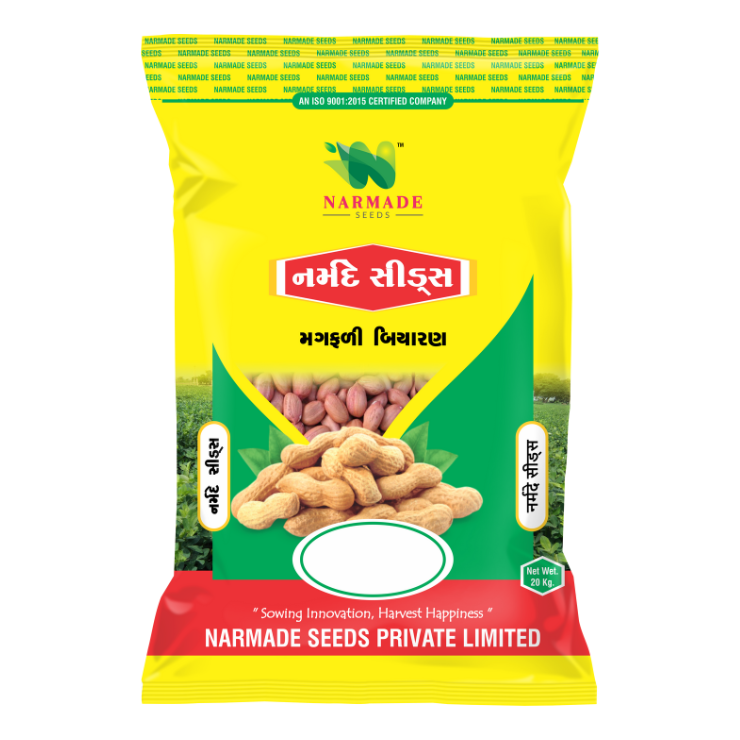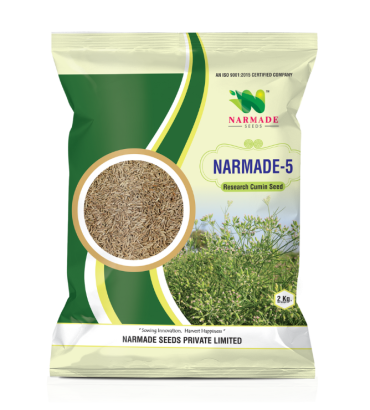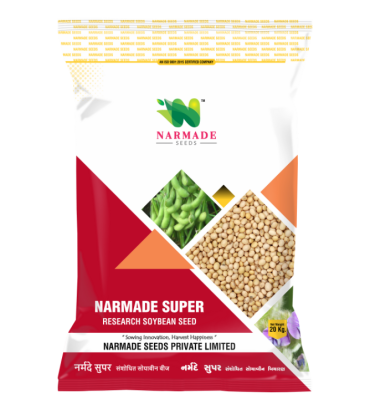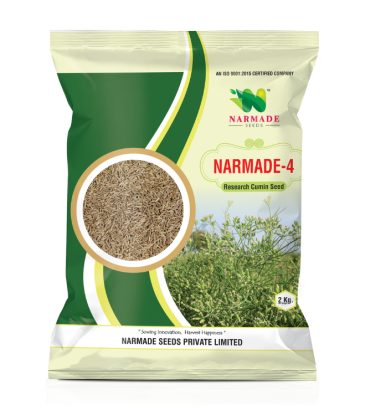Here’s some information about groundnut seeds:
1. Plant Characteristics:
- Groundnut plants are annual legumes that produce yellow flowers.
- After pollination, the flowers develop a peg that penetrates the soil, and the peanut pods develop underground.
2. Nutritional Content:
- Groundnuts are rich in nutrients, including protein, healthy fats, fiber, vitamins (such as niacin and folate), and minerals (such as magnesium and phosphorus).
- They are an excellent source of energy and provide a range of health benefits.
3. Varieties:
- There are different varieties of groundnuts, classified into various types based on factors like size, shape, and color of the seeds.
- Common varieties include Virginia, Valencia, Spanish, and Runner peanuts.
4. Culinary Uses:
- Groundnuts are a versatile ingredient used in both savory and sweet dishes.
- They are commonly consumed as roasted snacks, peanut butter, and are a key ingredient in many cuisines around the world.
- Peanut oil, extracted from groundnuts, is widely used for cooking.
5. Agronomic Information:
- Groundnuts are grown in warm climates and require well-drained, sandy soil.
- They are part of crop rotations as they fix nitrogen in the soil, benefiting subsequent crops.
- Groundnut cultivation often involves practices like pegging the plants to promote pod development.
6. Health Benefits:
- Groundnuts are known for their potential health benefits, including heart health, weight management, and improved blood sugar control.
- They are a good source of antioxidants and anti-inflammatory compounds.
7. Economic Importance:
- Groundnuts are a significant agricultural crop with economic importance.
- They contribute to the livelihoods of farmers and are a valuable export commodity in many regions.
8. Challenges:
- Groundnut crops can be susceptible to certain diseases and pests, affecting yield.
- Proper crop management practices, including disease control and proper irrigation, are crucial for a successful harvest.







There are no reviews yet.